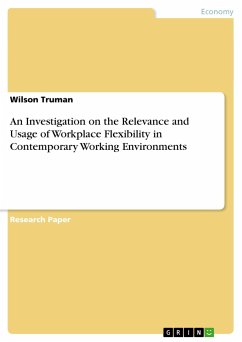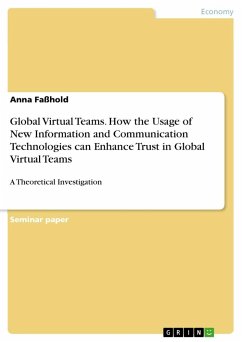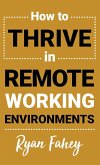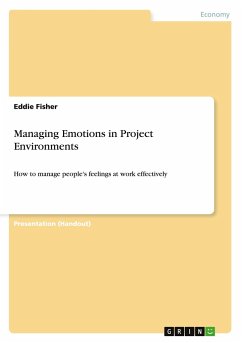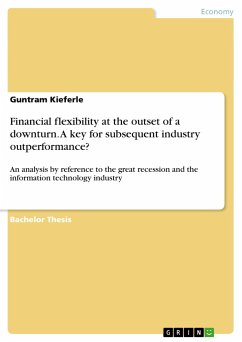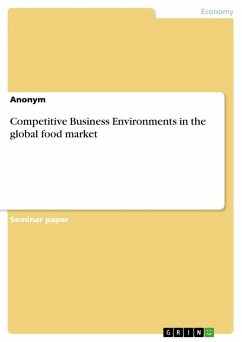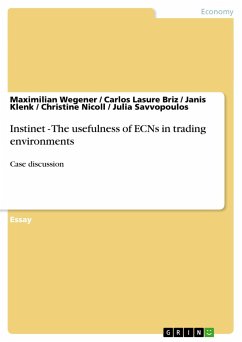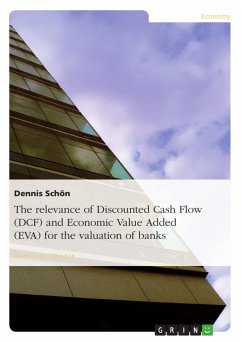Research Paper (postgraduate) from the year 2011 in the subject Leadership and Human Resource Management - Miscellaneous, grade: A, Monash University Melbourne, language: English, abstract: Workplace flexibility remains an unexploited, under-used and under-supported concept in contemporary HRM prospects despite its significant impacts in motivating employees, facilitating a balance of family and work obligations as well as setting the company in the competitive field through quality delivery and production. As such, there is an imperative need to establish the relevance and level of use of workplace flexibility from a holistic viewpoint considering both the employer and workers standpoints. This is bearing in mind that the implementation of workplace flexibility is characterized by laxity and informal stipulations making it not only an organization's strategy problem but also a policy issue. A literature analysis in this context explains the situation better with a number of supporting workplace flexibility as affirmative to employee and job satisfaction and motivation. From the employer's perspective, it ensures optimal delivery within a non-limited span of time and with superior and inimitable quality for a better chance in the competitive battle. Conversely, employees find it an avenue for exploitation in terms of poor remunerations and leave rewards among other engagement and inclusion issues in workers and employer relations. Employer's also find workplace flexibility as an avenue for workers to exploit their resources and vandalize them despite the high opportunity cost resultant in inducing such undertakings. This research intends to apply a mixed approach of research to establish the findings. Using a sample of 55 subjects comprising of workers on full and part-time basis as well as managers (employers) data collation will occur using focus groups, semi-structured questionnaires (on-line surveys) and interviews will be used. Statistical analysis using ANOVA and SPSS for descriptive, inferential and correlative analysis will transpire to investigate and establish the level of use and relevance of workplace flexibility.

